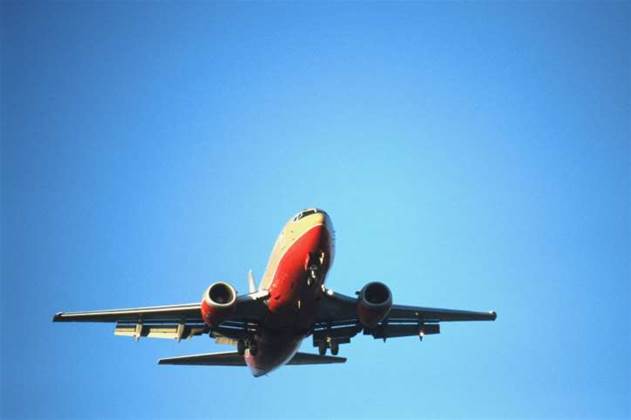
The three-month period saw 7.5 million UK consumers who used the web to plan their trips make 9.8 million travel purchases, according to a report from ComScore Media Metrix, Yahoo Search Marketing and Media Contacts.
Bob Ivins, managing director of ComScore Europe, said: "Based on comparisons to ComScore research conducted previously in the US, this study demonstrates that search is even more important to UK travel planners than to their counterparts in the US.
"Around 40 per cent of all searchers in the UK conducted a travel search during the analysis period, compared to 27 per cent in a comparable study conducted among US consumers."
When examining the online behaviour of UK internet users in December 2005, only 10 per cent of online travel transactions linked to search occurred immediately following the initial search referral, while the remaining 90 per cent took place in subsequent days and weeks (considered latent purchases).
Some 45 per cent of the purchases actually occurred more than four weeks later. Latent purchasing was even more dramatic among those who initially searched on destination-related terms, with 95 per cent of purchasing taking place after the initial search referral.
"This research proves that the value of Web search marketing extends beyond direct marketing," argued Paul Frampton, head of digital at Media Contacts UK.
"The more fragmented nature of the online travel sector in the UK compared to the US, combined with more varied travel options available for UK travellers, makes for a more intensive planning process and an even stronger latent purchasing effect."
The search results also appear to influence UK travel consumers' behaviour. According to the study, 39 per cent of respondents visited a travel-related site which they did not previously plan to visit, and 25 per cent considered a brand because of the its placement at the top of the search results.

.png&h=140&w=231&c=1&s=0)

_(33).jpg&h=140&w=231&c=1&s=0)
_(23).jpg&h=140&w=231&c=1&s=0)





 iTnews Benchmark Awards 2026
iTnews Benchmark Awards 2026
 iTnews Executive Retreat - Security Leaders Edition
iTnews Executive Retreat - Security Leaders Edition
 iTnews Cloud Covered Breakfast Summit
iTnews Cloud Covered Breakfast Summit
 The 2026 iAwards
The 2026 iAwards











_(1).jpg&h=140&w=231&c=1&s=0)



